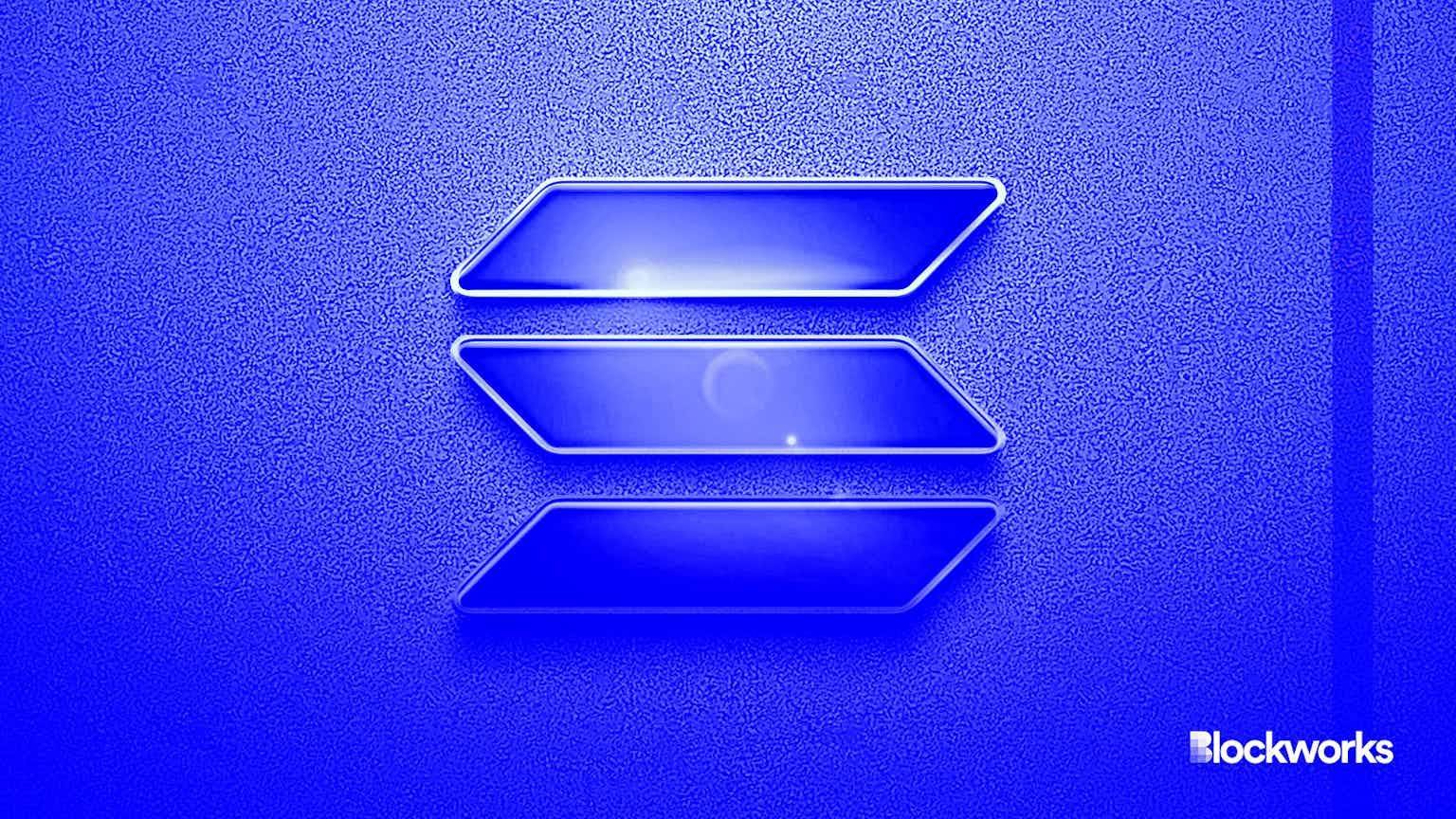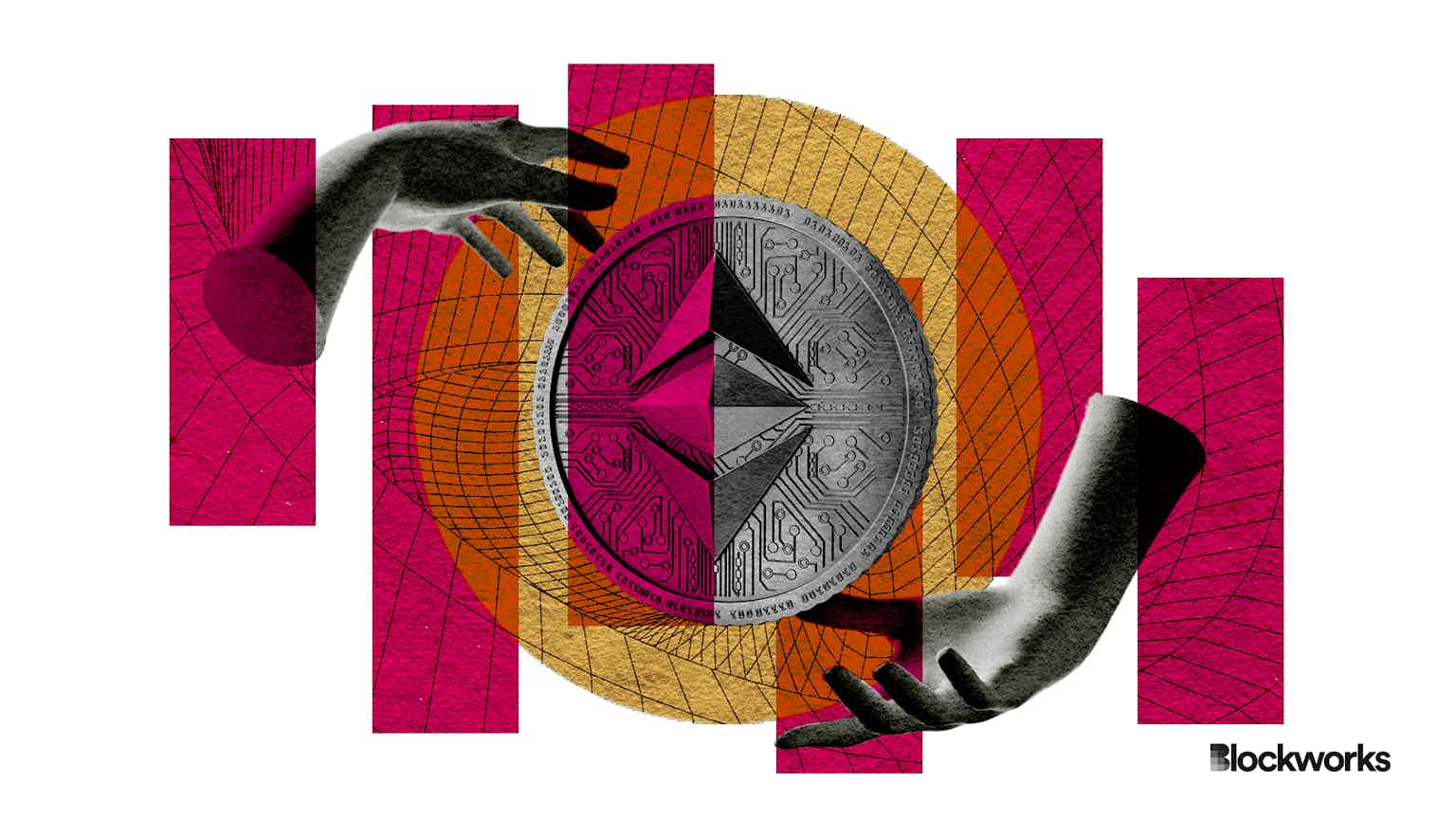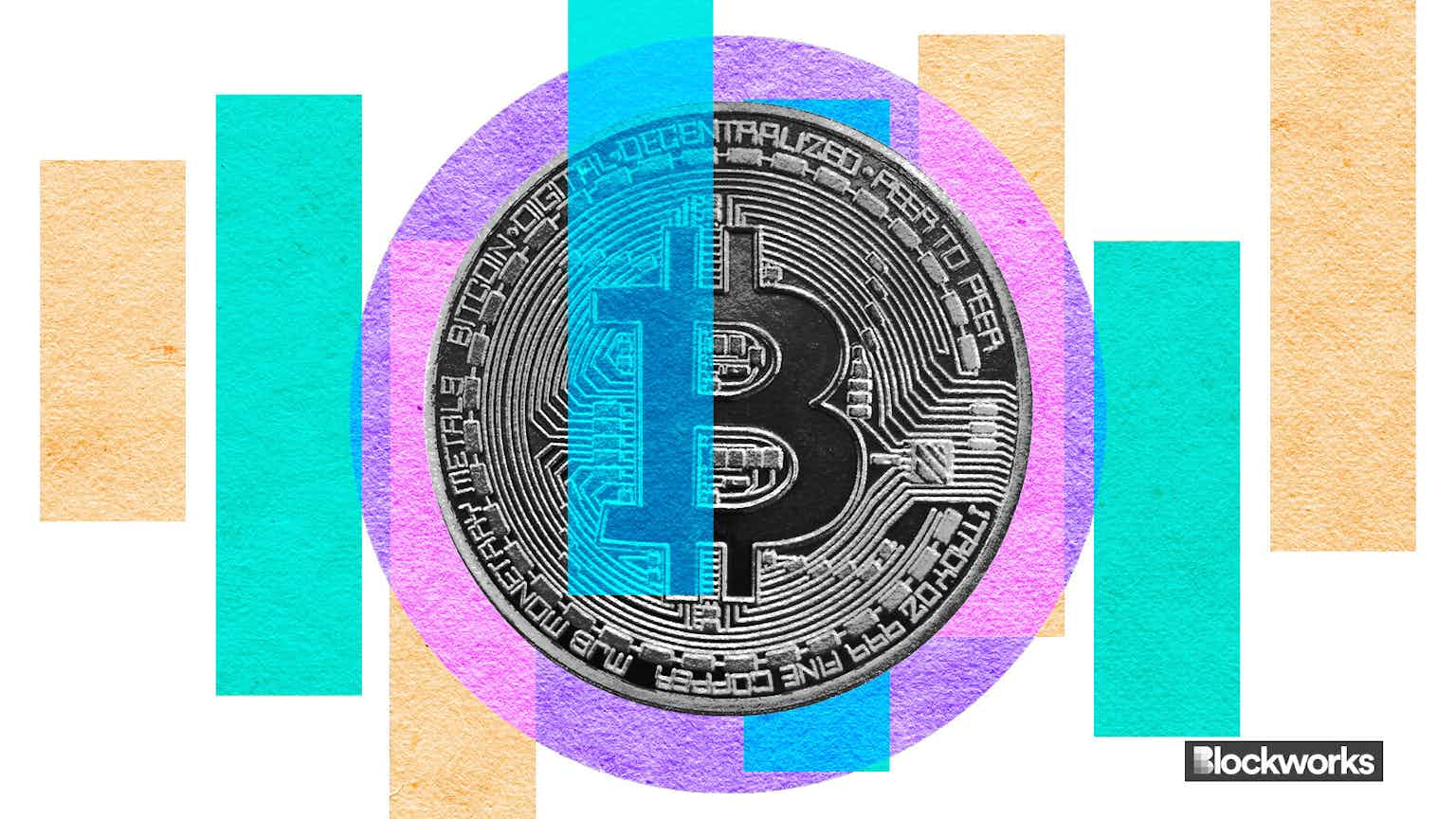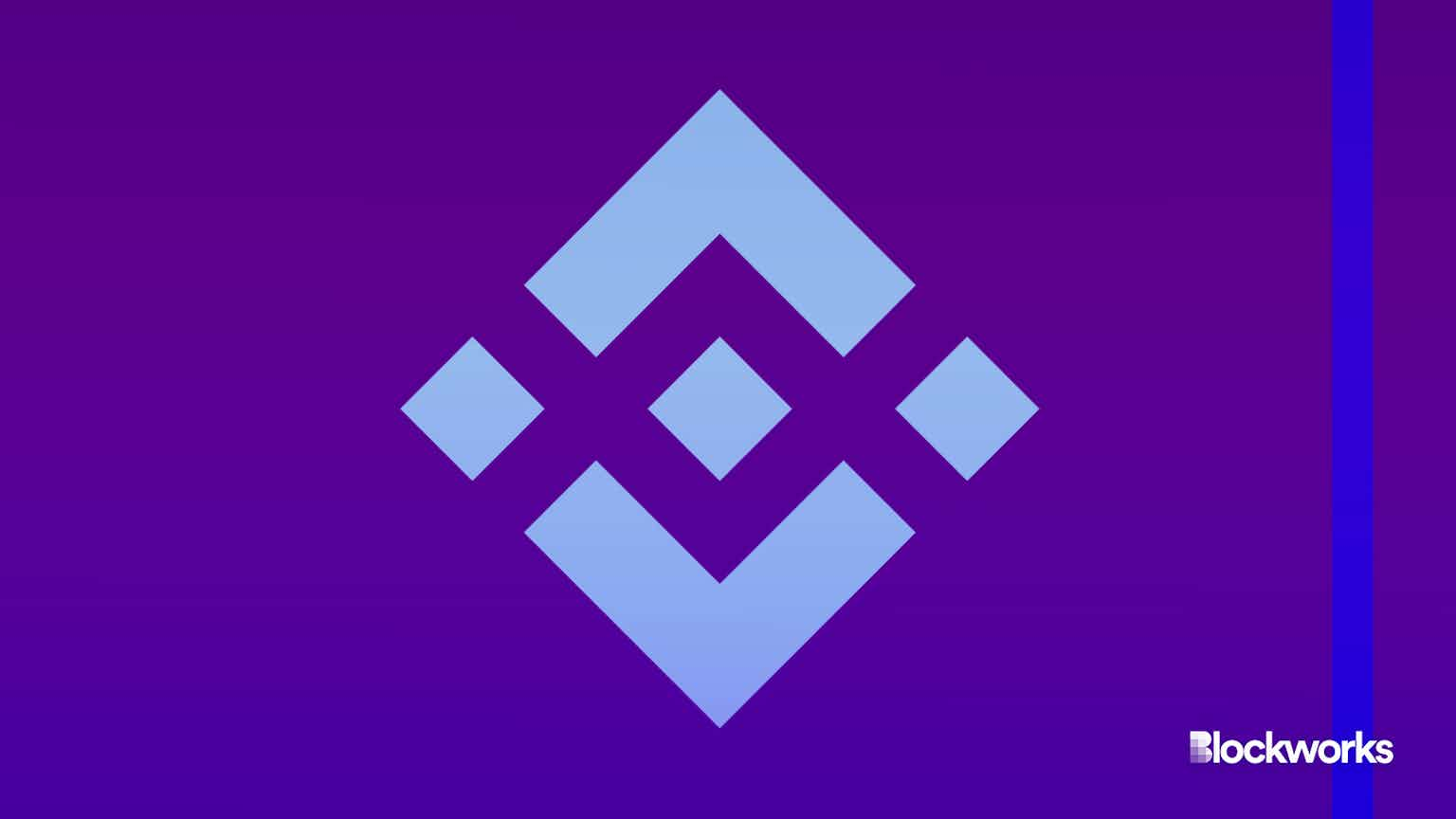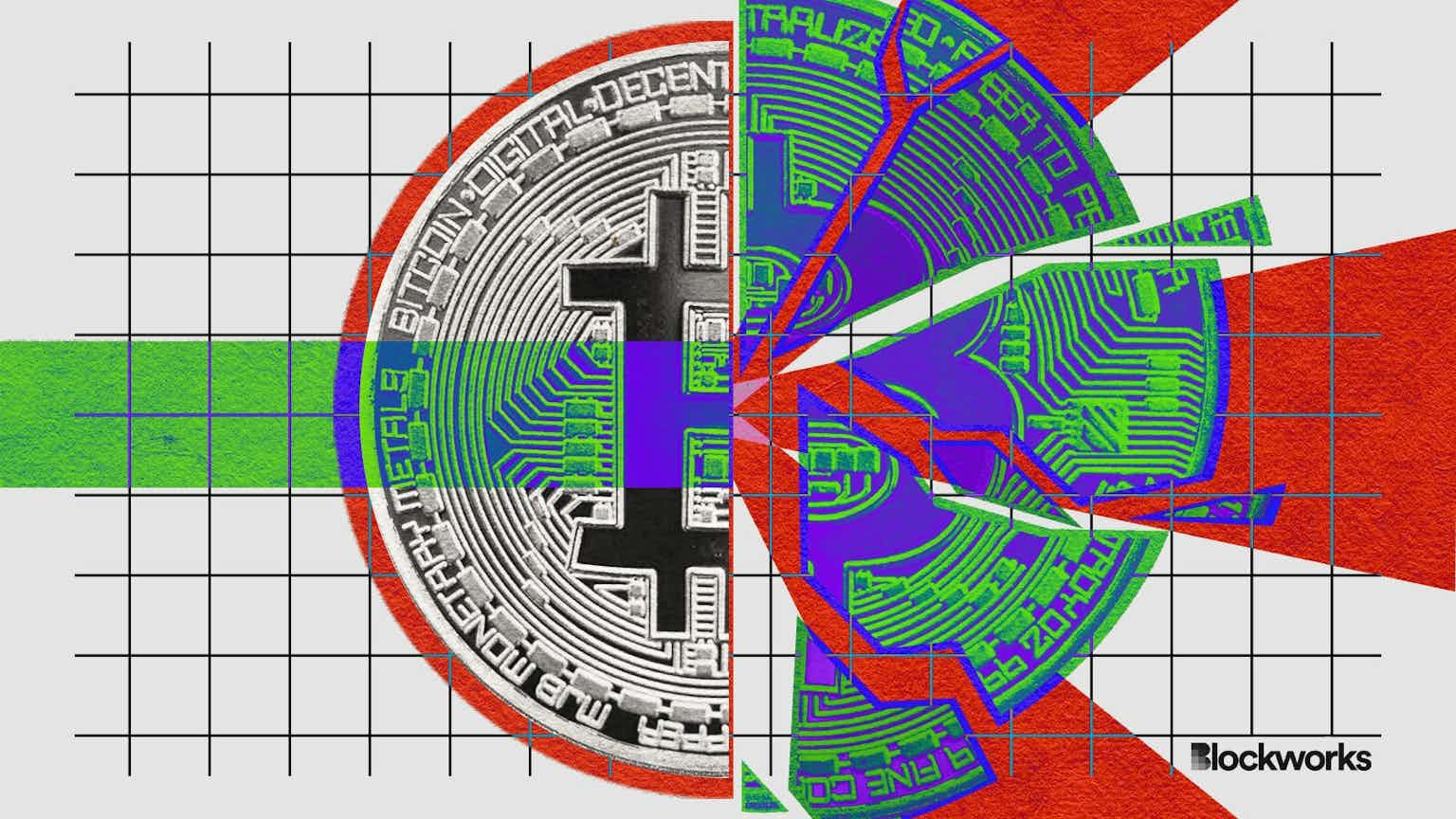DeFi Is Betting Big on ‘Zero Knowledge’ — Is the Technology Ready?
Programmers are questioning the validity of recent zkEVM announcements

Source: ZebPay
key takeaways
- Polygon’s open-source zkEVM code is incomplete
- “We’re not at the point where any team has a zkEVM prover that works,” an Arbitrum developer said
Within 36 hours this past week, Polygon, zkSync and Scroll teased their own imminent releases of the “holy grail” of layer-2 technology — the zero-knowledge Ethereum virtual machine (zkEVM).
The announcements raised eyebrows. Blockworks has spoken with multiple programmers who’ve questioned how close the space really is to a functioning zkEVM.
ZkEVMs would greatly increase Ethereum layer-2 transaction speeds over the status quo of optimistic rollups. The blockchain’s co-founder Vitalik Buterin has hailed the technology as the future of Ethereum scaling.
Zero-knowledge rollups move transactions off-chain for verification before sending a batch of data to be settled on Ethereum. The process relies on a so-called “prover” that can label data as true or false while preserving users’ privacy.
Provers are essential for these kinds of scaling solutions. For some, this week’s zkEVM announcements did not contain sufficient indication any team has created a functioning prover.
“We’re not at the point where any team has a zkEVM prover that works,” said Steven Goldfeder, the CEO of Offchain Labs, the developer behind the optimistic rollup Arbitrum. “What I think is happening is they’re quite far from production.”
Not to mention, layer-2 sequencers are still centralized, and most zkEVM builders have yet to actually make their provers — the core of the technology — open source.
Polygon, the layer-2 giant that recently announced a partnership bringing non-fungible tokens (NFTs) to Meta, made its zkEVM code public. Polygon believes clarifying its code sets the company ahead of Scroll and zkSync, neither of which has publicly posted its prover.
But, some question if Polygon’s code is as “full-featured” as advertised. The prover code Polygon uploaded to GitHub is not fully functional. Sources familiar with the technology expressed doubt about Polygon’s code, with one questioning Polygon’s ability to run proofs at all in the program’s current state.
David Schwartz, technical lead at Polygon Hermez, told Blockworks in an email that the code is a work in progress. Commented code sections in the project’s GitHub are not currently operative.
“We are not hiding anything, not in the docs or the code,” Schwartz said. “Competitors like Starkware or zkSync are not open-sourcing their [zero-knowledge] networks at all.”
Starkware, the company behind StarkNet, a zero-knowledge rollup with an open-source prover, emphasized zkEVM technology is not a simple matter.
Building a prover is “a Herculean task in terms of math, engineering and software. We have a team of 100 and have been at it for four years,” Eli Ben-Sasson, the company’s president, told Blockworks in a phone call from EthCC.
Even assuming zkEVMs do have functioning provers, making the prover code public would move layer-2s closer to blockchain’s decentralized ideal.
“If the prover is open-source, then you could verify what’s being done with funds,” Dan Yanev, chief product officer at the layer-2 money market protocol Rhino.fi, told Blockworks.
“These companies are pressured to have something in the hands of users,” Yanev said of layer-2s.
Still, Yanev called Polygon’s open source prover a “big step” for zkEVMs and remains optimistic that layer-2 networks will decentralize as the technology matures.
On the other hand, Goldfeder, whose company runs on optimistic rollups, believes the high cost of zero-knowledge proofs will prohibit zkEVMs from being financially sustainable in the long run.
“Scaling needs to come from scaling solutions, not from [venture capital] funding,” Goldfeder said.
Scroll and zkSync did not immediately return requests for comment.
Don’t miss the next big story – join our free daily newsletter.
